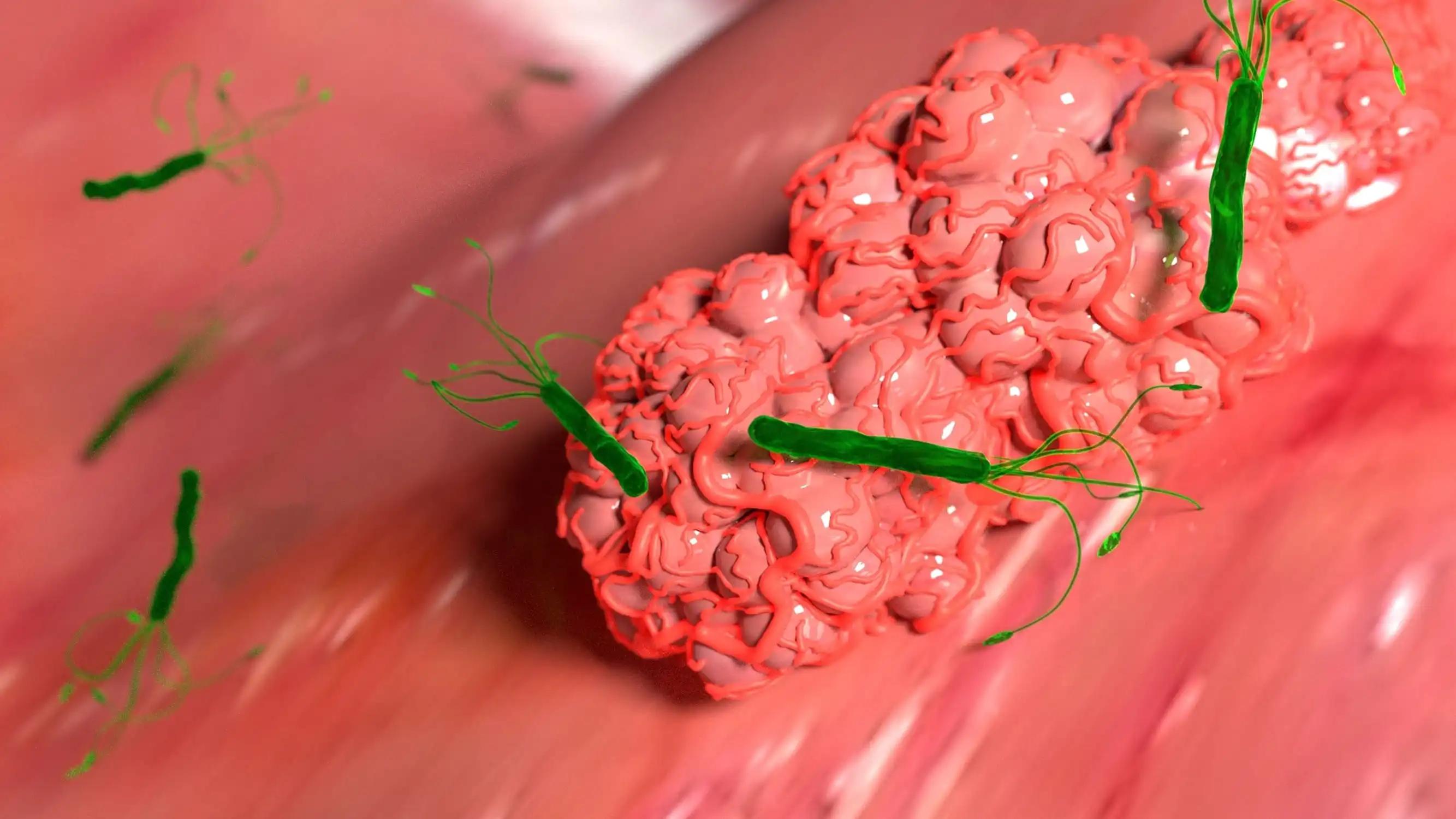KEY TAKEAWAYS
- The phase 1 study analyzed FLC-Vac safety and immunogenicity with ipilimumab and nivolumab in patients with fibrolamellar carcinoma.
- The study showed vaccine safety, efficacy targeting DNAJB1-PRKACA fusion + immune checkpoint inhibitors in FLC.
Fibrolamellar carcinoma (FLC), a rare liver cancer, mainly affects young individuals. Its defining genetic feature involves a fusion between DNAJB1 and PRKACA genes. Adverse effects have hampered efforts to target this fusion directly.
In a study, FLC-Vac, a vaccine designed to target this fusion, was examined alongside ipilimumab (IPI) and nivolumab (NIVO) for safety and its potential immune response in patients with FLC.
Researchers are investigating the efficacy of FLC-Vac combined with IPI and NIVO in both children and adults dealing with advanced Fibrolamellar Carcinoma (FLC). This trial’s primary focus is to assess participants’ safety profile and T-cell response. This response is determined by a substantial increase in IFN-γ (a signaling molecule) production by specific T cells targeting the DNAJB1-PRKACA fusion.
The study aimed to enroll 12 individuals, where the treatment plan involved administering FLC-Vac – a peptide targeting the fusion, with adjuvant poly-ICLC – over several weeks during the initial phase. This treatment phase includes regular doses of NIVO (3 mg/kg) followed by IPI (1 mg/kg) every three weeks for four doses.
Following the initial treatment period, FLC-Vac and NIVO continue in a maintenance phase. Criteria for participation excluded individuals under 12 years old and those who had previously received immune checkpoint inhibitors.
As of January 1, 2023, 16 patients participated, with 12 evaluated for effectiveness and immune response. Their median age was 23.5 years (ranging from 12 to 47), with 3 of them female. Six patients (37.5%) reported grade 3 treatment-related adverse events, such as elevated AST/ALT in three patients (19%) and other conditions in one patient each (6%).
No severe grade 4–5 adverse events occurred. Common vaccine-related side effects were mild injection site reactions (100%), headaches (50%), and fatigue (44%). Among those assessed, 3 out of 12 patients (25%) showed partial responses, and 9 out of 12 (75%) achieved disease control as per RECIST 1.1 criteria.
T-cell responses were seen in 5 out of 12 patients at week 10, with three others showing positive responses at later time points, especially among those displaying radiological improvements.
The study marks a promising step in demonstrating the safety and effectiveness of a vaccine directed at the DNAJB1-PRKACA fusion paired with immune checkpoint inhibitor therapy for FLC. Notably, observed T-cell responses suggest a promising immune response against the DNAJB1-PRKACA chimera.
Source: https://jitc.bmj.com/content/11/Suppl_1/A733
Clinical Trial: https://clinicaltrials.gov/study/NCT03299946
Baretti M, Ladle B, Nauroth J, et al641 A pilot study of a DNAJB1-PRKACA fusion kinase peptide vaccine combined with nivolumab and ipilimumab for patients with fibrolamellar hepatocellular carcinomaJournal for ImmunoTherapy of Cancer 2023;11:doi: 10.1136/jitc-2023-SITC2023.0641



